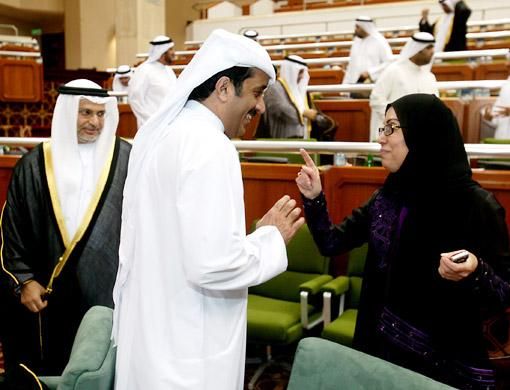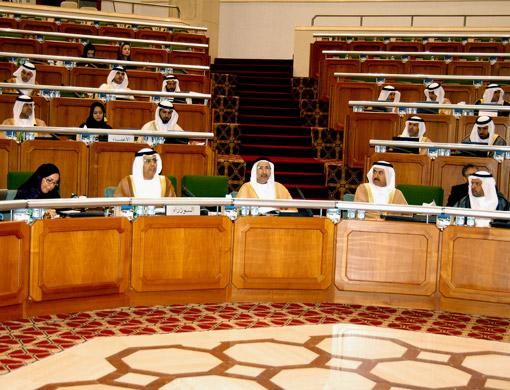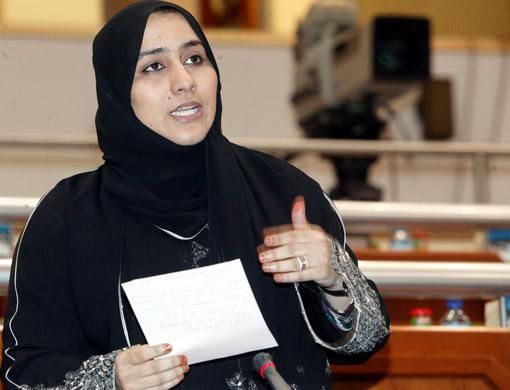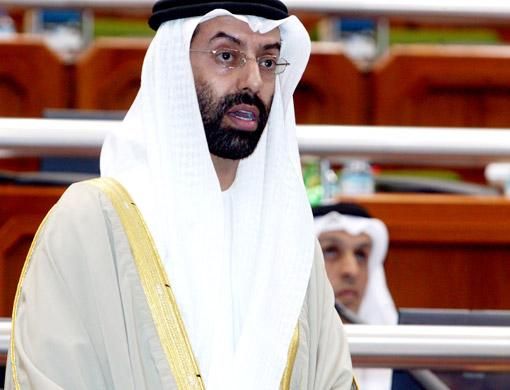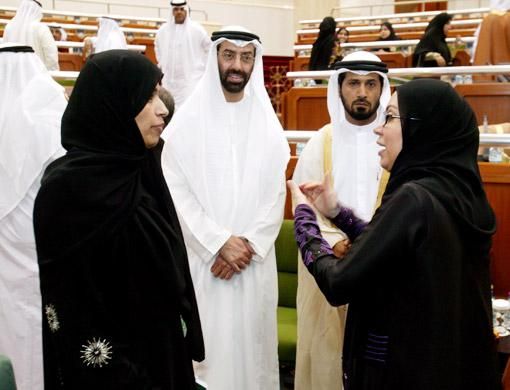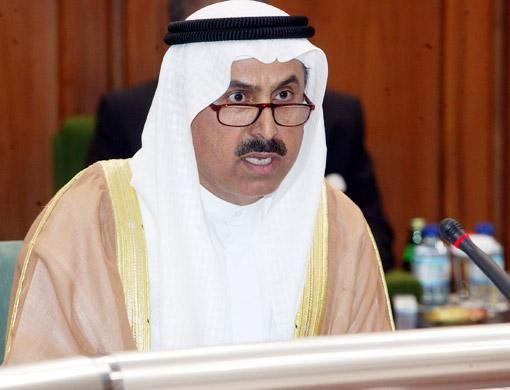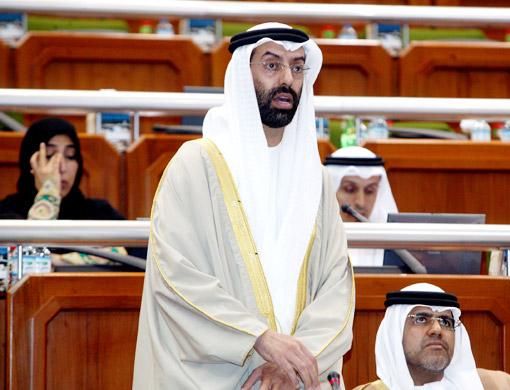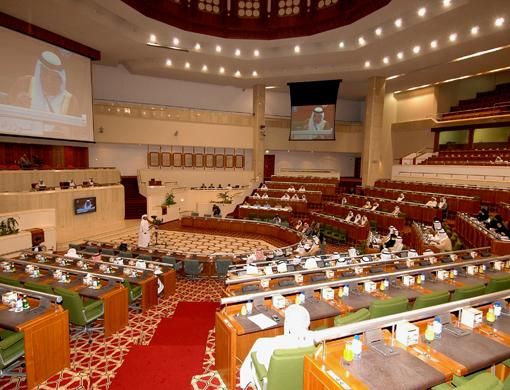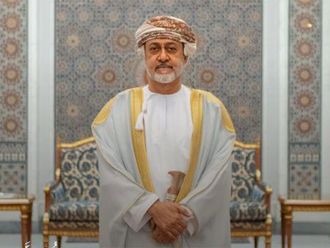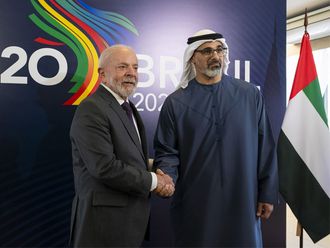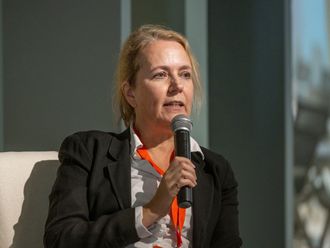Abu Dhabi: The UAE Government is positive about the country's economic growth in 2009, Obaid Humaid Al Tayer, Minister of State for Financial Affairs, told the Federal National Council (FNC) on Tuesday.
Al Tayer said the government will take all necessary measures to tackle the issue, including injecting even more funds into the financial system in the context of the acute shortage of credit in the global financial markets as the West grapples with its biggest financial crisis since the 1930s Great Depression.
Al Tayer told the FNC on Tuesday that the UAE banking sector remains strong with solid fundamentals including Dh181 billion of capital and provisions. "The capital adequacy ratio in UAE banks is 12.6 per cent on average. Yes, there are banks which have less adequacy, but the ministerial committee set up to look into measures to contain the impact of the global financial crisis proposed that this ratio be increased to 11 per cent by mid-2009 and 12 per cent by mid-2010," Al Tayer said.
He said the government injected Dh120 billion into long-term bank deposits to address a liquidity shortage, accounting for 14 per cent of GDP. "Compared with other countries, it shows we are taking the right steps. The UK has injected 20 per cent of GDP, the US 15 per cent of GDP, Russia 8 per cent, and Germany injected 7 per cent of its GDP."
Al Tayer said the government also plans to introduce legislation to ensure banks guarantee deposits. "The legislation will be fin-alised in a couple of weeks," he said.
Speaking about the global financial crisis and its impact on the UAE economy, Al Tayer said the government is taking the right steps to contain the liquidity crunch and prevent it from turning into an economic slowdown.
Central banks in the UAE and Saudi Arabia have also guaranteed bank deposits, and Kuwait's central bank reduced its benchmark discount rate to boost confidence in banks.
Addressing the FNC session, Sultan Bin Nasser Al Suwaidi, Governor of Central Bank, reassured members of the bank's strong stance against illegal investment companies seeking to collect funds from the public.
Al Suwaidi told the council that any person who collects funds from the public for investment and management without an appropriate licensing issued by the Central Bank commits a federal crime punishable by law No 10, regardless of whether such activities manage to achieve profits or run into losses.


